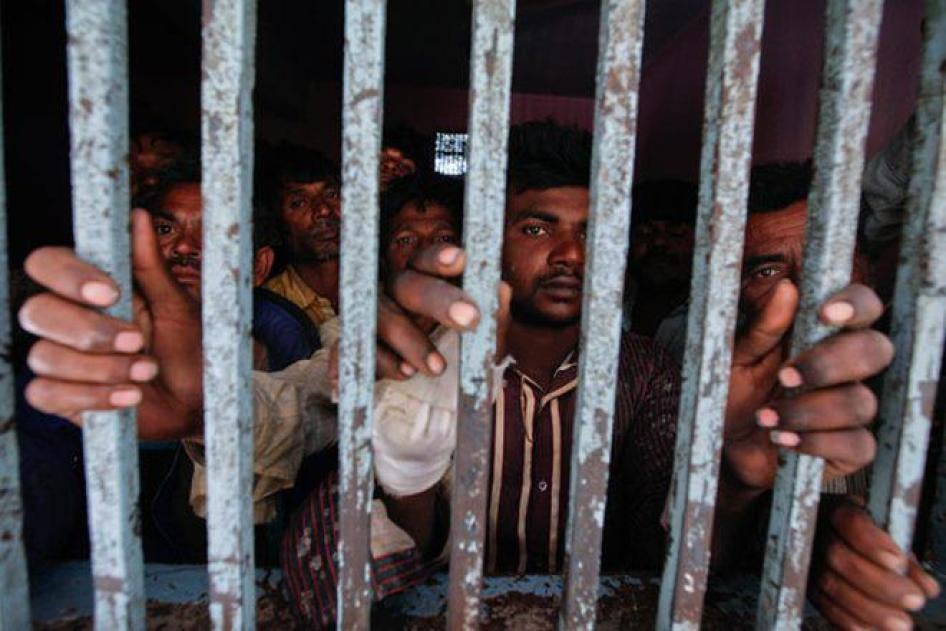Does Imdad Ali, a 50-year-old Pakistani with schizophrenia, understand that he will be executed in the next few days? It’s hard to tell. The death penalty is inherently cruel – but even more so for those who may not recognize their crimes.
Ali’s execution was scheduled for September 20, but just one day before, the Supreme Court of Pakistan delayed the execution for a week – so it could happen any day now. Only Pakistan’s president can save Ali’s life by commuting his sentence.
A court sentenced Ali to death in 2002 for the alleged murder of a religious scholar. In 2004 and 2012, he underwent mental health assessments, which concluded that he had psychosis and schizophrenia. According to his lawyers, Ali has been in solitary confinement for the past three years.
Solitary confinement can severely exacerbate previously existing mental health conditions. In fact, the United Nations expert on torture has called solitary confinement of people with psychosocial disabilities of any duration for what it is: cruel, inhuman, and degrading treatment.
In October 2015, the Supreme Court upheld Ali’s death sentence, ruling there was insufficient medical evidence of his disability. The court contended that a large number of prisoners have mental health conditions and that they “cannot let everyone go.” Weeks later, a mercy petition filed on Ali’s behalf was dismissed by Pakistan’s president. In September, another petition to halt the execution on grounds of Ali’s mental health condition was dismissed by the Lahore High Court.
Pakistan has ratified the Convention on the Rights of Persons with Disabilities, under which the government is obligated to ensure effective access to justice for people with disabilities. This includes providing adequate health care, support, and procedural adjustments to enable people with disabilities to participate in the judicial process.
Pakistan has more than 8,000 prisoners on death row – one of the world’s largest populations of prisoners facing execution. Those on death row are often from the most marginalized in society, and don’t receive the adequate assistance of counsel or otherwise receive a fair trial.
Pakistani authorities have stopped executions where it was found to be especially cruel. In 2015, authorities in Lahore suspended the execution of Abdul Basit, a man who is paralyzed from the waist down after developing tuberculosis in prison.
Pakistan’s president can step in and spare Ali a trip to the gallows – and spare Pakistan yet another display of the death penalty’s inherent cruelty.









